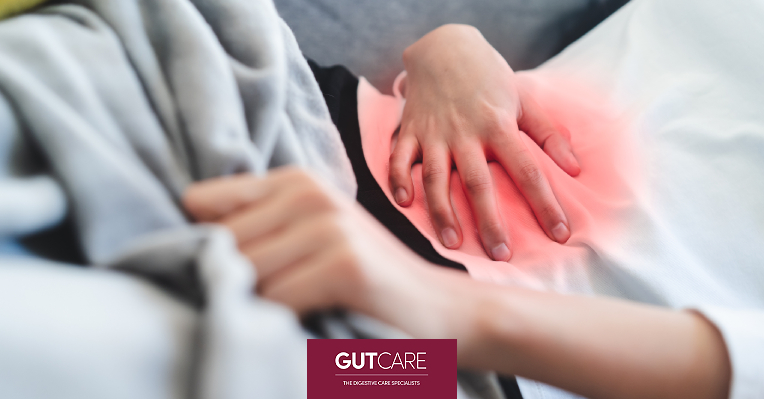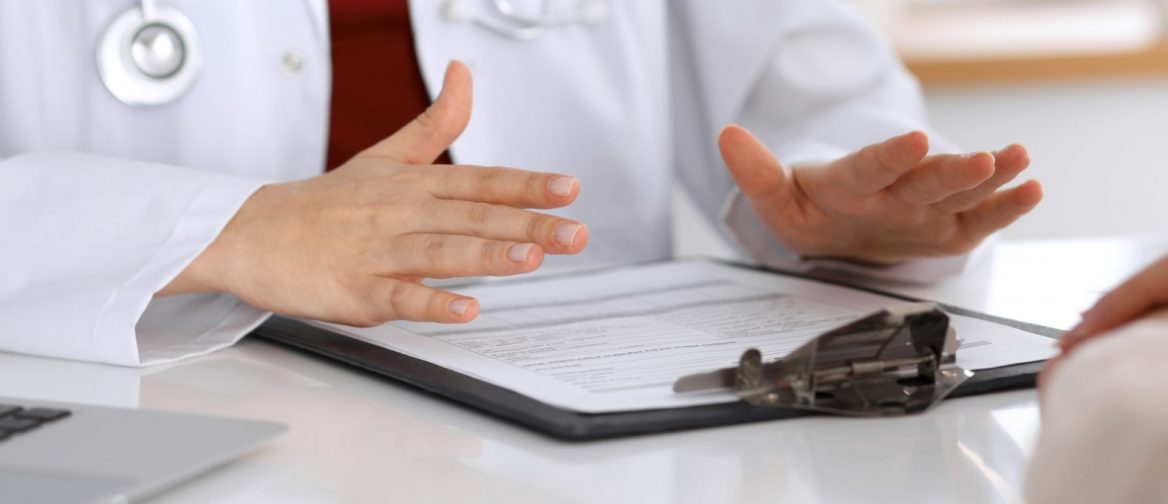Colonic Volvulus: All You Need To Know About Twisted Colon

Stomach pain and abdominal cramp is perhaps a common gastrointestinal pain and common appendicitis, peptic ulcer disease, diverticulitis, and IBS symptom. While it can often mean nothing, it can also leave you wondering what could have caused it to occur.
One of the many causes of abdominal pain and cramps is colonic volvulus, also known as twisted colon. This gastrointestinal condition occurs when a portion of your colon gets twisted around itself, resulting in the blockage or obstruction of your intestines and bowel. As a result, the blood supply and flow of waste (poop) are affected.
Without timely treatment, the obstructed portion of your intestines and bowel can die, leading to more severe consequences. Colonic volvulus is often associated with severe discomfort and pain, as well as possible overall health and digestive complications.
In this article, we will explore all you need to know about colonic volvulus and what to do about it.
Common types of colonic volvulus
There are three typical types of colonic volvulus: midgut volvulus, sigmoid volvulus, and cecal volvulus.
Midgut volvulus is a bowel malrotation complication that often presents bilious vomiting and proximal small bowel obstruction symptoms. Without prompt medical attention, it can result in a significant and real risk of developing small bowel ischaemia, which is often associated with morbidity and death.
Sigmoid volvulus is the most common form, occurring when part of the intestine gets twisted around its blood supply. It is most commonly found among individuals who are bedbound or suffer from chronic constipation or irregular bowel movements.
Cecal volvulus is the torsion or rotation of the ascending colon and mobile cecum. Without prompt medical attention, it can progress to bowel perforation, necrosis, or ischemia.
Signs of colonic volvulus
Common signs of a twisted colon include the following:
- Rectal bleeding
- Decreased bowel function
- Vomiting and nausea
- Distension and bloating
- Abdominal pain
Signs of complications as a result of colonic volvulus include the following:
- Symptoms of infection, such as fever
- Symptoms of shock, such as sweating, pale skin, fast heart rate, unconsciousness, or confusion
As long as you experience any of the above signs, seek medical attention promptly.
Diagnosing and treating colonic volvulus
Your doctor will diagnose colonic volvulus based on your medical history and symptoms, medical tests, and physical examinations.
- Medical history: The gastroenterologist will ask about your medical history and symptoms to get a better understanding of what might be causing your abdominal pain. Do remember that abdominal pain is a common symptom in a lot of gastrointestinal conditions.
- Physical examination: During the physical examination, the gastroenterologist will check for possible abdominal bloating, tapping or pressing on it to check for any pain or tenderness. They may also use a stethoscope to listen out for any unnatural sounds within your abdomen.
- Imaging test: Once a brief diagnosis is determined, the gastroenterologist might use one or more imaging tests to confirm the possibility of a colonic volvulus. The test includes an X-ray, a CT scan, or a barium imaging test.
The treatment for colonic volvulus typically involves unblocking the intestinal and bowel obstruction or untwisting the twisted colon.
If you do not display signs of colon damage, the gastroenterologist may use a colonoscope or sigmoidoscope to treat it with a non-operative endoscopic detorsion. Once the colon is untwisted, an evaluation is conducted to determine its health.
At times when the colon is severely affected, surgical intervention might be conducted, involving the removal of the affected portion of the colon and reattaching the remaining portions together.
Conclusion
Avoiding chronic constipation is the best way to prevent the development of colonic volvulus. That means ensuring that you are adequately hydrated, have a high-fibre diet, engage in regular physical activities, and conduct regular gastroenterology visits.
By adopting these preventative measures, you are able to reduce the possibility of developing colonic volvulus, ensuring that you enjoy optimal gastrointestinal health. We at GUTCARE want to help you with that. With a team of experienced experts, we offer a wide range of treatments and services that keep your gut health optimal.
Click here to make an appointment with us today!

HAVE AN ENQUIRY?
You may also send in an enquiry via our online form if you have questions pertaining to your visit or consultation.

FIND OUT MORE ABOUT OUR DOCTORS
Unsure of which doctor to speak to? Take a look at our doctors’ profile to find out more.




